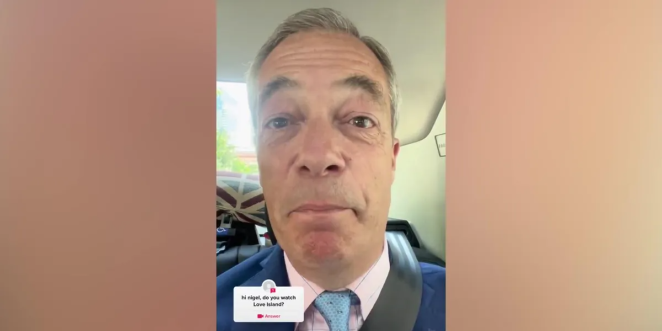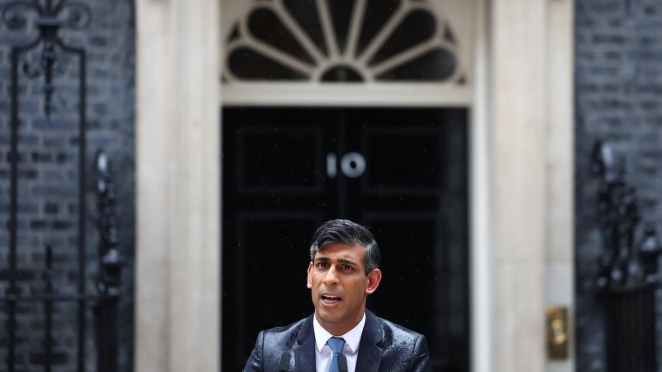With the UK General Election just days away, it's hard to ignore the latest scramble by political parties to enlist influencers in their campaigns. New research from Billion Dollar Boy, a leading influencer agency, highlights that a quarter of UK content creators have been approached by political organisations to produce content ahead of the 2024 election. But while this might seem like a savvy move to engage the youth vote, it actually reveals just how out of touch these parties are.
Political parties have always tried to ride the wave of current trends, but their latest tactic—relying on influencers to sway young voters—smacks of desperation. It's like watching your parents try to use TikTok: they're on the platform, but they don't really get it. This is a clear case of political organisations trying to jump on the influencer bandwagon without understanding the nuances or the potential pitfalls.
The research, which surveyed over 4,000 consumers and 500 content creators, found that 37% of creators have been approached for both this and previous elections. This increasing trend indicates a growing interest from political organisations in leveraging social media stars. Yet, what they fail to grasp is that younger audiences are incredibly savvy and can spot an inauthentic message from a mile away.

Thomas Walters, Europe CEO and co-founder of Billion Dollar Boy, points out that social media behaviour has shifted significantly. He argues: "While platforms were once purely entertainment hubs, they've evolved into spaces where news and educational content thrive. Creators are central to this shift, offering political and cause-based organisations an opportunity to reach engaged and loyal audiences." However, this strategy requires a level of authenticity that many political campaigns simply cannot muster.
The research further reveals that 43% of UK voters are open to influencers posting political content during an election year, but this acceptance hinges on the content feeling organic. This is where political parties stumble. Their messages, often clunky and transparent in their ulterior motives, lack the genuine connection that successful influencers build with their followers.
Younger voters, particularly those aged 16-24, are the most receptive to creator content, with 76% in favour. Yet, these same young voters are also the most critical of insincerity. They grew up in a digital world where authenticity is currency, and they can easily distinguish between a genuine endorsement and a paid advertisement.

The appeal of influencers is undeniable. They command attention and can mobilize their followers like few other mediums can. However, the expectation that they can seamlessly transfer their clout to political messages is flawed. Political organisations hoping to harness this power need to do more than just pay influencers; they need to build real, transparent relationships that resonate with the audience.
In the rush to seem relevant, political parties are missing the mark. Their attempts to use influencers as mouthpieces are often clumsy and out of sync with the ethos of social media culture. It's not enough to be present on these platforms; they need to understand and respect the dynamics that govern them.
This election, dubbed the UK's "first TikTok election," is a litmus test for how well political entities can adapt to the digital age. So far, the results are not promising. The real winners will be those who recognize that engaging young voters requires more than just a veneer of coolness—it requires authenticity, transparency, and a genuine understanding of the communities they're trying to reach.

This reliance on influencers to canvas the youth vote reveals a glaring disconnect between political organisations and the very demographic they're trying to engage. Until these parties can bridge that gap with genuine, authentic communication, their efforts will continue to come across as out of touch and, ultimately, ineffective.





